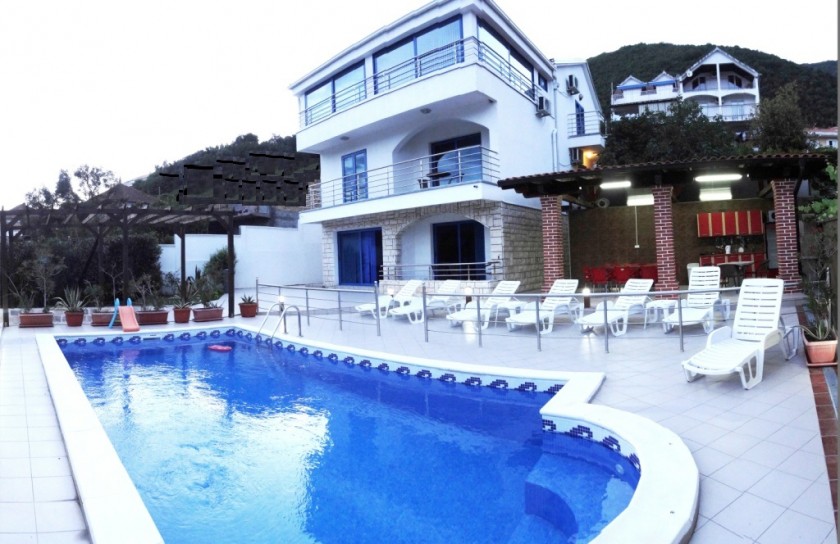This year, through long-term loans from Serbia decanted half a billion euro. For eight months, only 312 million of direct investments entered.
Outflow of capital began to decant from financial sector of Serbia , and when it comes to long-term loans from the beginning of the year decanted half a billion euro. Positive difference between inflow and outflow has only the government, other users, NBS , banks and the economy, had significantly higher outflow than inflow, indicating that capital “flee” from the country , experts from Institute of Economics warned at the presentation of the ” Macroeconomic Analysis and Trends MAT . “
Problems are in financial account of balance payments. In first semiannual of this year it is positive for just 832 million euro. Since beginning of year, in Serbia entered only 312 million of foreign direct investment, of which the greater part, about 191 million euro is equity .
[widgets_on_pages id=”Baner”]
– Foreign exchange reserves of NBS during first seven months of this year decreased by 195 million euro , thanks to government bonds which cover the deficit – said Vladimir Vuckovic, editor of the MAT.
The fall in bank lending in Serbia to zero and its stagnation has and will have serious consequences , as it will hamper the reconstruction of economy, said economist Bosko Zivkovic, adding that experts warned about that .
– National Bank endeavored to settle high demand for loans after reduction of banks’ assets in foreign ownership, but instead to mitigate the negative effects of crisis, they deepened them further-said Zivkovic. – That’s how “policy of ” lending to friends ” in state banks , without adequate security , resulted by huge increase of problematic loans.
The process of strengthening role of state-owned banks during the crisis have not negative connotation , because it can contribute to mitigate the consequences caused by withdrawal of other market participants. Example of Polish , Czech and Hungary shows that state banks were ” stabilizations ” during anti-crisis measures. On the other hand, examples of Slovenia and Serbia indicate on inadequate state interference in business.
– In the case of domestic banking sector scenario played out in negative direction, because policy of loans enforced according to influence of the state – said Zivkovic . – Research shows that for banking sector the most desirable form is “mix” of national and foreign banks.
New arrangement with the International Monetary Fund Serbia needs to do as soon, which would anticipate refinancing of maturing debt repayment. Arrangement is needed as soon as possible to send signal that the economic policy of the country is respectable, and it would be reflected in lower interest rates on borrowing and influx of loans , said Stojan Stamenkovic , associate of Economic Institute .













